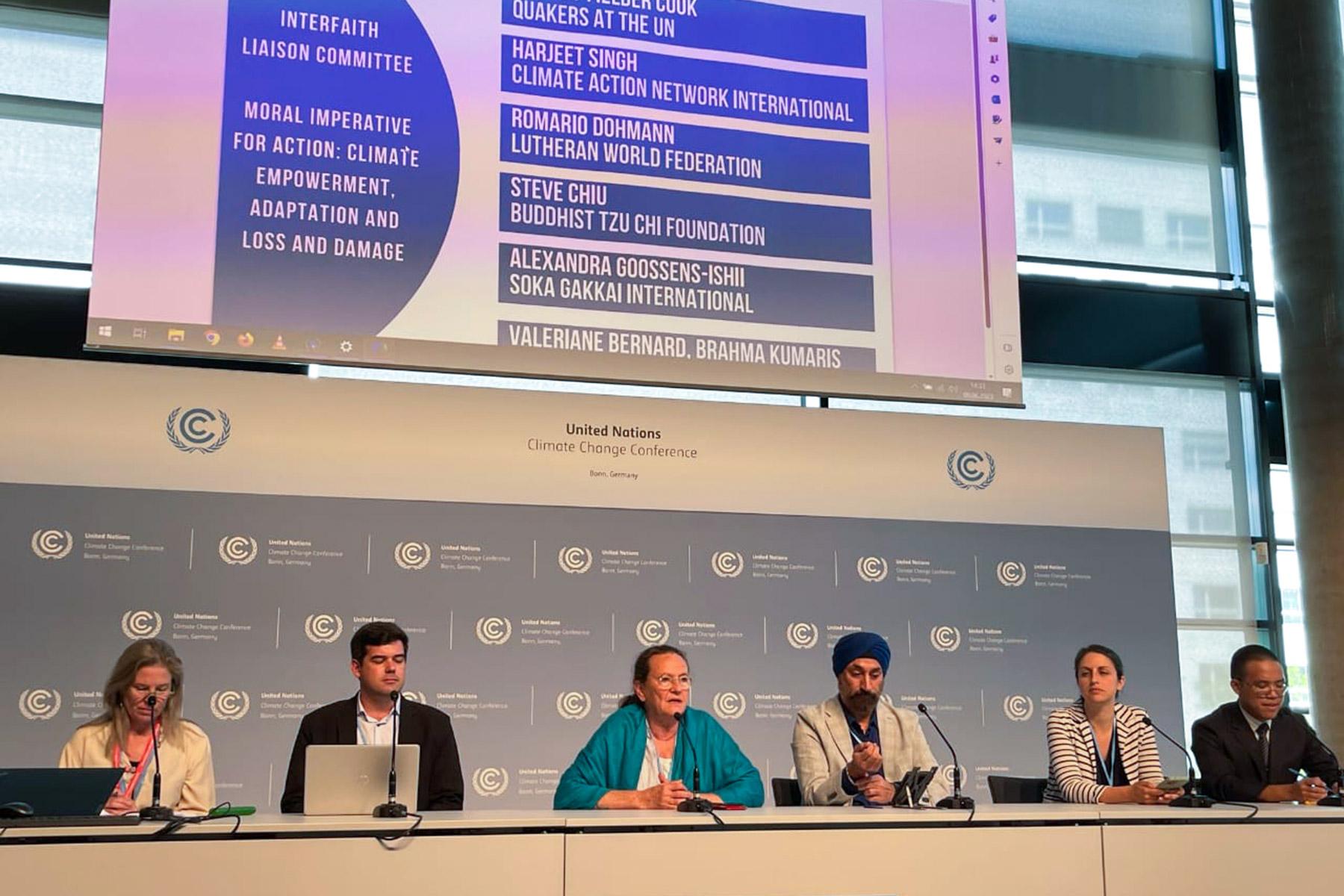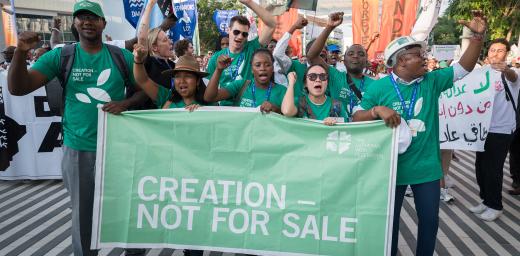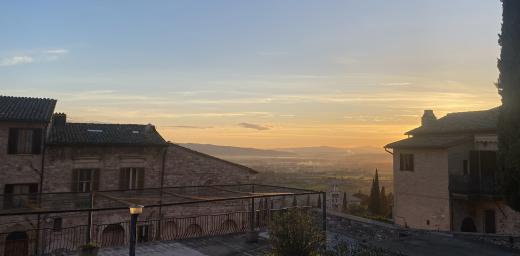A moral imperative to act against Climate Change
(LWI) - “We have a moral imperative to act decisively on climate change, recognizing that the choices we make today will shape the world of tomorrow.” says Romario Dohmann, LWF delegate to the Bonn Climate Change Conference (SB58) at a press conference hosted by the LWF and its interfaith partners titled “the moral imperative for action: climate empowerment, adaptation and loss and damage” on Friday 9 June.
“SB58 is a meeting held at the mid-point between COP27 and COP28” says Elena Cedillo, LWF Program Executive for Climate Justice. “It allows member states to follow-up on the last meeting and prepare for the next. This is an opportunity for decision makers to send a strong signal to the world with concrete proposals and set key deliverables for COP28.”
Cedillo says “COP27 ended with a historic decision in favor of supporting the most vulnerable through commitments on loss and damage. We are urging governments to build on that momentum and make progress on areas that need more political will and ambition. Climate finances and a clear plan to ensure global temperature do not exceed the 1.5-degree threshold.”
“Right now, the fight in the room is no longer about denying climate change”, says Lindsey Fielder Cook, Quaker United Nations Office Representative. “The fight is now about how we humans deal with it – do we address the root causes or not?
As faith-based actors we are uniquely positioned to see climate change as not just an economic challenge but also all its underlying ethical and moral implications
Elena Cedillo, LWF Program Executive for Climate Justice.
“There is a huge gap between high level discussions and how people are facing the impact of climate change in real life” says Harjeet Singh, Head of Global Political Strategy at the Climate Action Network International. “People are losing their incomes, farms, homes and millions are being displaced. Conversations need to evolve from delayed tactics and a ‘what we can do’ perspective to acting on ‘what we must do’ and respond to our moral responsibility.”
“As faith-based actors we are uniquely positioned to see climate change as not just an economic challenge but also all its underlying ethical and moral implications” says Cedillo. “And it is our responsibility to highlight opportunities to increase global ambition to take action.”






